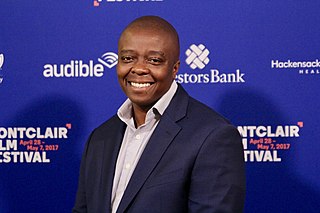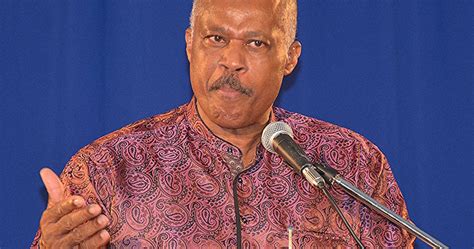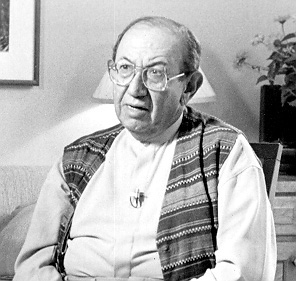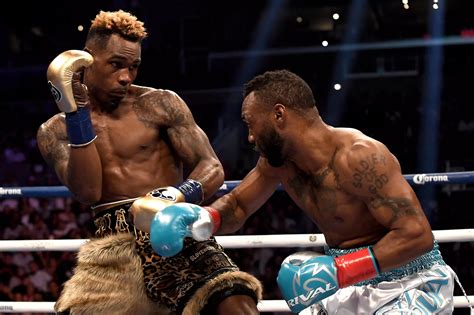A Quote by Yance Ford
Everyone in the street where I grew up was given the same message: You can be anything; you can do anything. That wasn't extraordinary; that was ordinary for us. My folks didn't believe in black exceptionalism. There's nothing exceptional about 'You can have that, too' - except when it comes to justice. You can't have that.
Related Quotes
There's no reason why you can't say "August Wilson, playwright" even though all of my work, every single play, is about black Americans, about black American culture, about the black experience in America. I write about the black experience of men, or I write about black folks. That's who I am. In the same manner that Chekhov wrote about the Russians, I write about blacks. I couldn't do anything else. I wouldn't do anything else.
I’m “exceptional”- a democratic term used to avoid the damning labels of “gifted” and “deprived” (which used to mean “bright” and “retarded”) and as soon as “exceptional” begins to mean anything to anyone they’ll change it. The idea seems to be: use an expression as long as it doesn’t mean anything to anybody. “Exceptional” refers to both ends of the spectrum, so all my life I’ve been exceptional.
The street is as diverse as any other sector, but in peoples' mind it gets appropriated as a black man who's tough. Trying to make it through by staying hard and phallocentric. To me, that is just an impoverished conception of what it is to be a black male. It doesn't do justice to my grandfather, my father, my brother - or just the black men I grew up with.
I don't take anything for granted. I've been given extraordinary opportunities, I've also fought for extraordinary opportunities. So I don't believe you're ever just there in this golden moment. You probably always have to remind people that you're there, that you have something to offer, maybe something beyond what they could imagine for you.
Once upon a time, each of us was somebody's kid. Everyone had a father, even if he never provided anything more than his seed. Everyone had a mother, even if she had to leave us on a stranger's doorstep. No matter how we're eventually raised, all of our stories begin the exact same way. They all end the same, too.






































